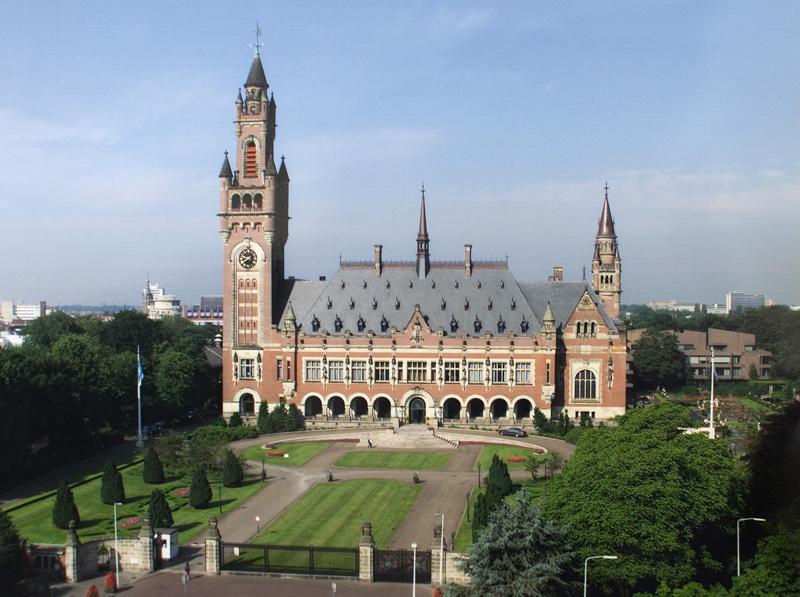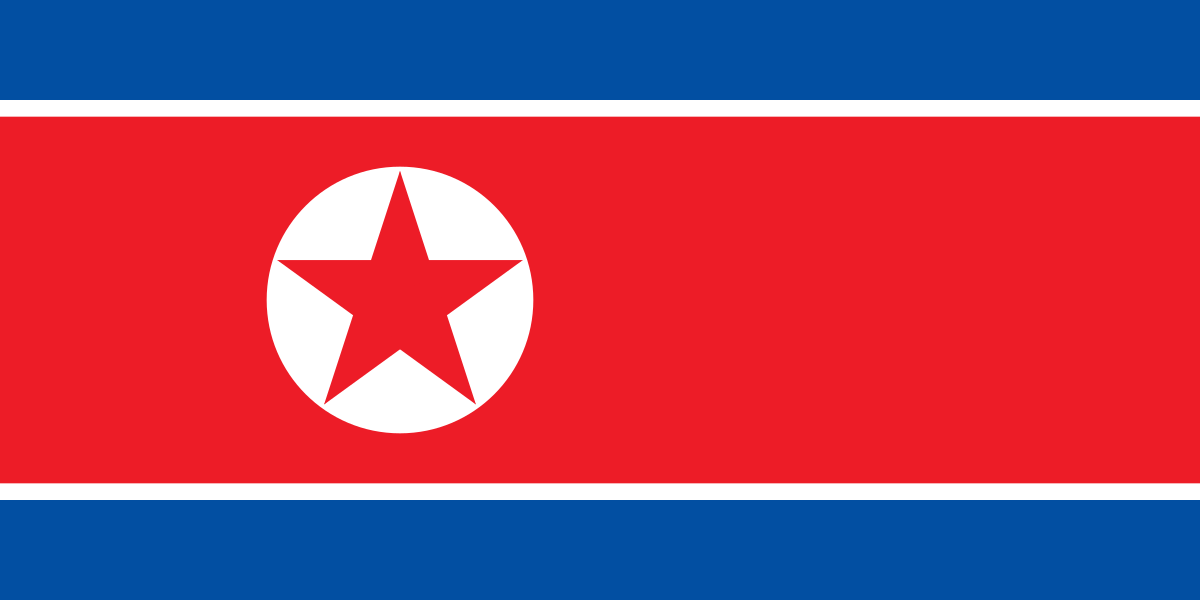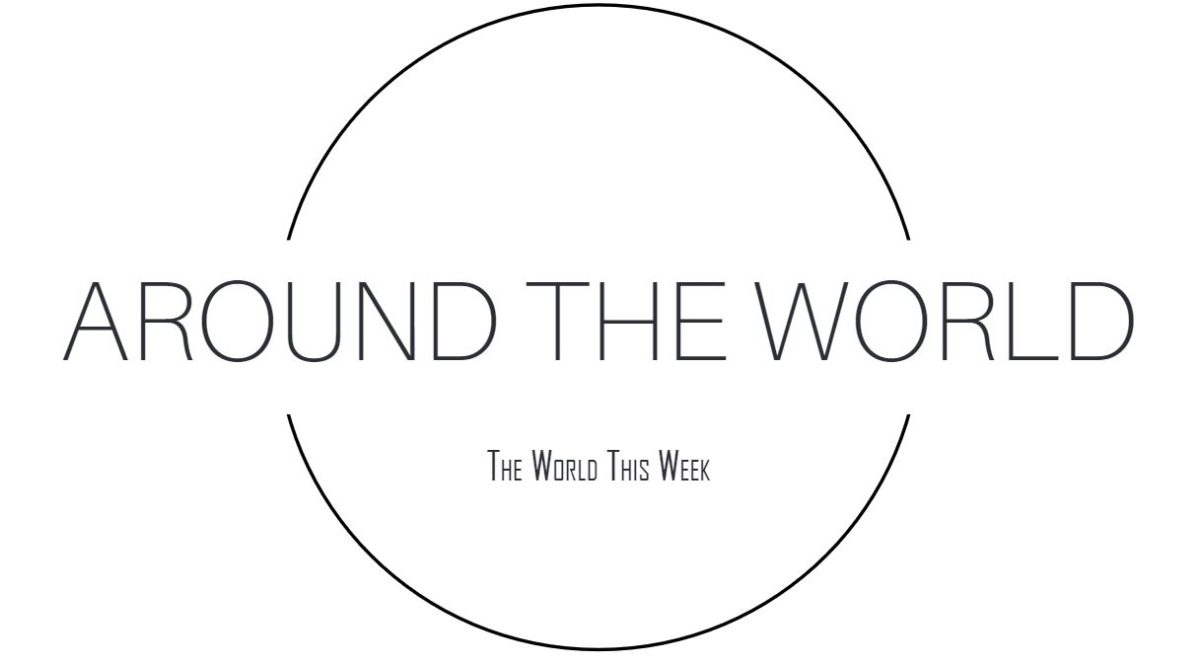Terrorist Attacks in France and Lebanon
By Liem Ho
Vigils around the world have been mourning the heavy losses that took place at the end of last week. Last Thursday, November 12th in Beirut, Lebanon, 43 people died and 239 were wounded by a pair of suicide bombers. In Paris, France, 129 lives were lost and 352 were injured by the terrorist attacks that took place at various venues in Paris last Friday, November 13th.
The Islamic State of Iraq and Syria, also known as ISIS, openly admitted to have propagated attacks in both countries.
In Lebanon, two suicide bombings occurred before 6 PM, minutes apart, in the commercial district of the nation’s capital. The first occurred outside of a mosque, and the second minutes before 6:00 PM. The second bomb was unintentionally detonated when Adel Termos, a 32 year old father of two, was walking by the mosque at the scene of the first suicide bombing, spotted a man running and shouting “Allahu akbar”, or “God is the greatest,” and tackled the suicide bomber off guard. While the blast killed him, and his daughter instantaneously, he was able to prevent the bomb from detonating in a more populated area, saving hundreds of lives.
Additionally, a third bomber was accidentally killed in the unintentional blast caused by Termos’ heroic deed, according to Lebanese army officials.
The following day, in France, three teams of terrorists carried out the bloody massacre. Starting at 9:25 PM, masked terrorists killed 15 people and wounded another 10 at Le Carillon and Le Petit Cambodge. Minutes later at 9:32 PM, eight more were critically wounded near a bar known as A La Bonne Bier. By 9:36 PM, 19 more lives were taken and nine were wounded at the nearby La Belle Equipe restaurant.
The bulk of the casualties was at the Bataclan concert hall, where U.S. band Eagles of Death Metal were performing. 89 people were killed, over a hundred were wounded, and many audience members were taken as hostages. It was described by the New York Times to be a “blood bath,” at which there was non-stop shooting for ten minutes as cries of “Allahu akbar” filled the air.
A team of suicide bombers had meant to enter the Stade de France, a stadium at which a soccer match against Germany was taking place, but they failed to enter. There are many hypotheses for this, some of which include poor organization and fear of getting caught with explosive-lined vests during security check pat downs. As a result, the bombers waited in an alley and had planned on detonating their explosives when game watchers were entering or leaving the match, however, their timing was off. The first two sets of explosives detonated during the first half of the match, and the third set went off during halftime—both of these times, the crowd were in the stadium enjoying the games. Only one bystander was injured at this time.
While both of these heavy casualties have brought a sense of unity among the world, many students, critics, media outlets, bystanders and witnesses of global happenings have claimed that the French bombings overpowered median coverage of the bombings in Lebanon.
Facebook, Youtube, Google and various other online services changed their logos in honor of the terrorist attacks in France. Users of Facebook were able to overlay an opaque French flag over their profile pictures to demonstrate support. Various monuments around the world were lit in red, white, and blue to show their condolences for France’s losses. While the unity and support provided was heartfelt, many people around the world, particularly those affected by the Lebanese crisis, were hurt by the lack of coverage and attention shown towards the Lebanese bombings, and the overshadowing of a major heroic sacrifice.
As a result of the terrorist attacks, France and Lebanon both plan on tightening its security and entrance to the country.
“We have to assure ourselves that no one can enter to commit any act, whatever that may be,” said French president Francois Hollande.
Other nations, in hopes of preventing future terrorist massacres, also plan on tightening their borders as well. With every terrorist attack, eyes and ears open, and cracks in security overall can be improved. Overall, last week’s series of events brought to light various lessons—in security, media coverage, and in providing united support for all.






























